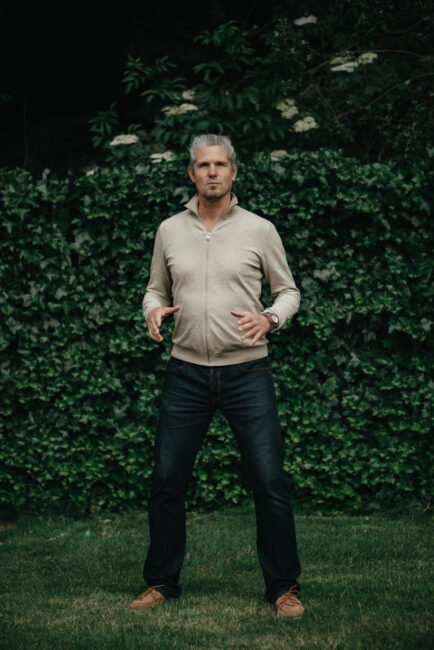
Who is virtuous. What is virtuous. The media are full of it. Many speak of it.
The Chinese Bible the Dao De Jing (published in the sixth century AD) can be seen as a manual for cultivating virtue. In it, virtues – unlike Western commandments – are not seen as a set of definable rules of behaviour. Virtue is not even identifiable!
The book is a guide to developing a state-of-being that leads to outstanding behaviour. The idea is that a person who has reached a high state of development acts as-of-itself in a way that does justice to every possible situation.
The development that leads to that – presumably magical – ability to just do right (and not just talk about it) has been shaped in many Daoist schools in the hundreds of years since the Dao De Jing was published. One thing virtually all those schools agree on is that virtue can only come from the human being who has cultivated both mind and body. After all, virtue is not about what you think, but about what you sincerely do (straight-up)!
The training courses I offer are based on the ideas of the Dao De Jing. They help you take the first, small steps towards integrating body and mind. And in doing so, they can potentially help you step a little more firmly on the path to virtue.
The proof is in the pudding.

